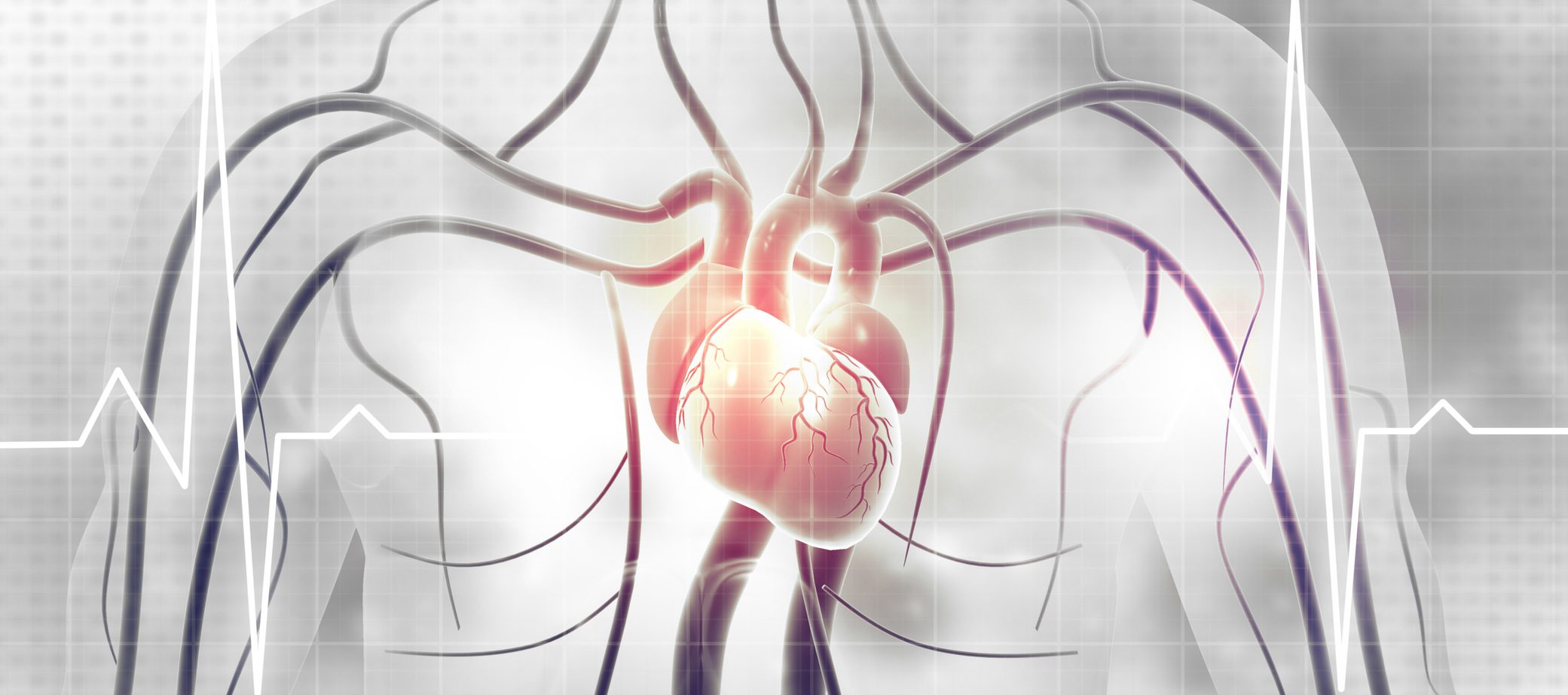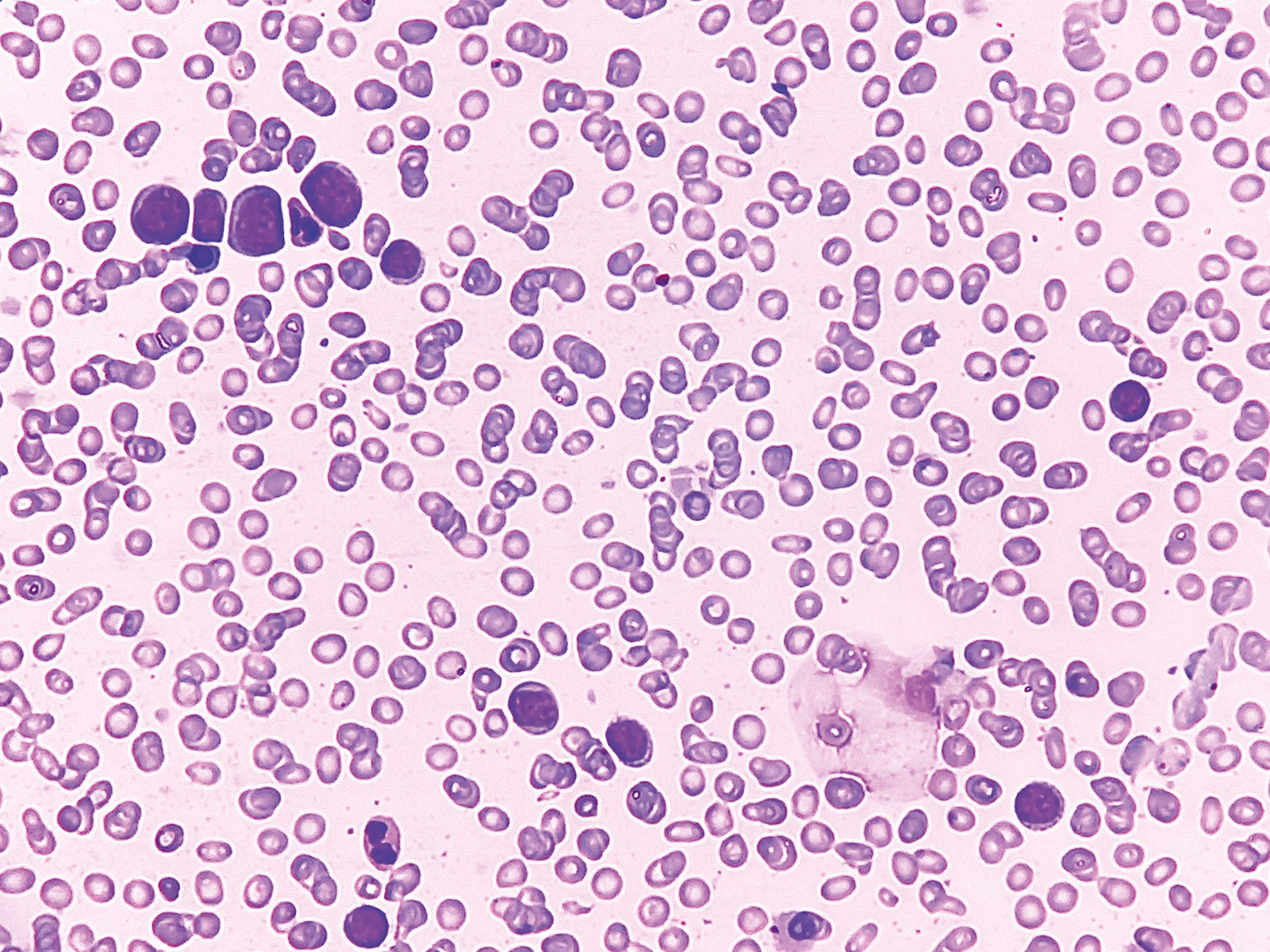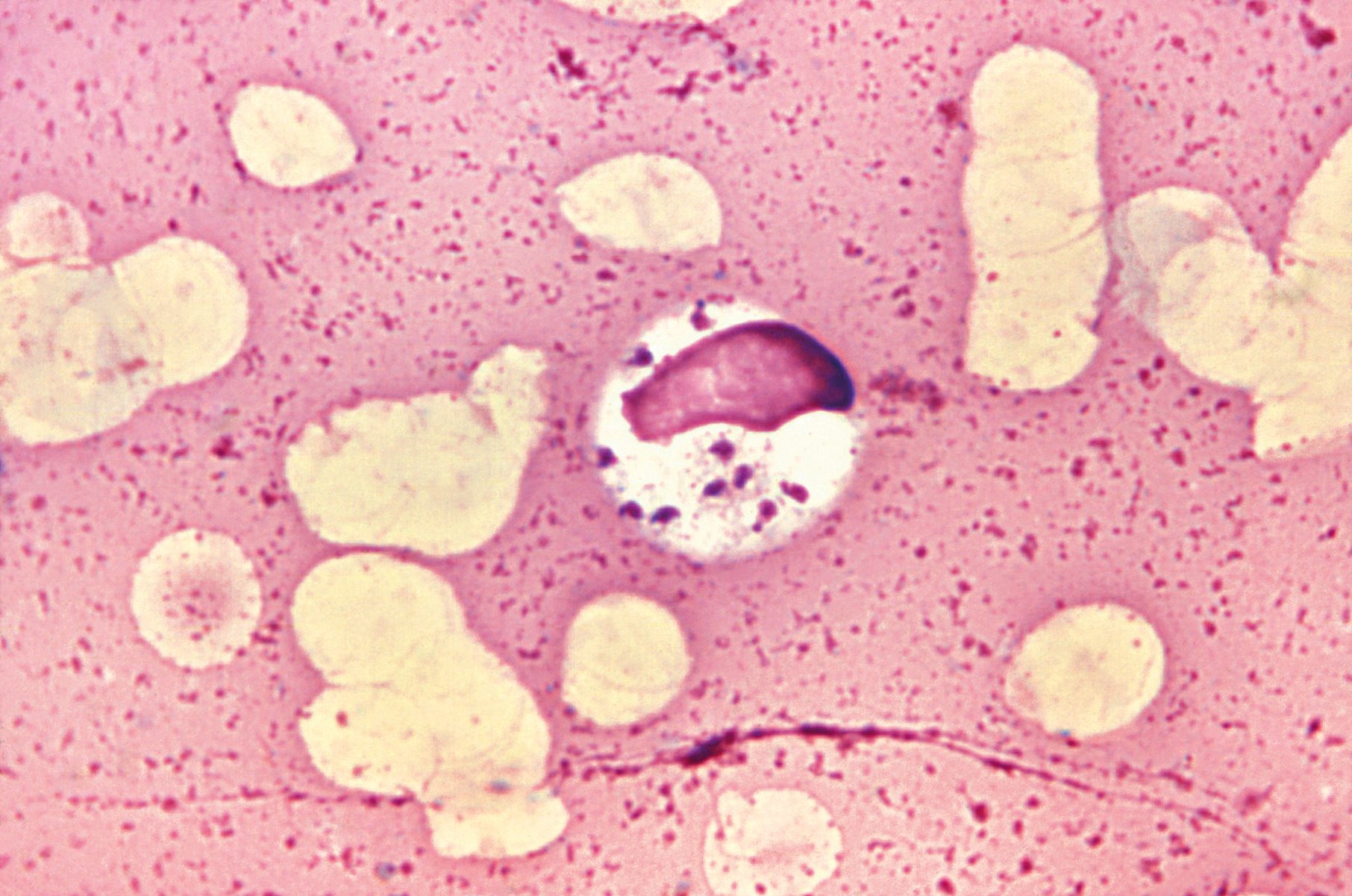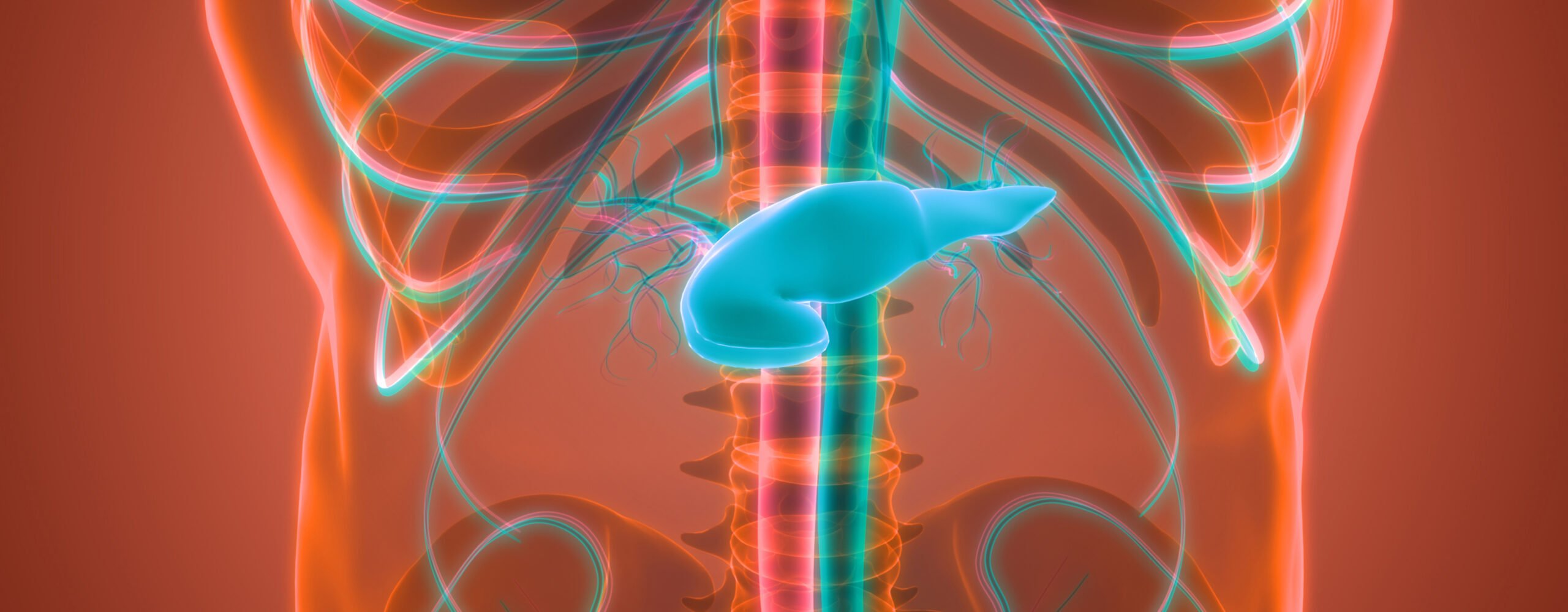Neurocardiology is a comparatively young, interdisciplinary field that deals intensively with the (patho-)physiological interactions between the nervous system and the cardiovascular system. The fact that emotions and stress can affect the heart has been known medically for centuries. However, it is only in recent decades that it has been recognized that a large number of cardiovascular diseases (e.g. heart failure, high blood pressure, arrhythmias) and cardiovascular events (e.g. sudden cardiac death) are controlled to a considerable extent by neurogenic mechanisms.
You May Also Like
- Artificial intelligence
Dr. ChatGPT: Large language models in everyday clinical practice
- Liver cirrhosis
Prophylaxis of decompensation – focus on portal hypertension
- Monitoring via smartphone app
PROs help patients with metastatic breast cancer
- From symptom to diagnosis
Abdominal pain – pancreatic pseudocyst
- Case report: 72-year-old with pancytopenia and pyrexia
Visceral leishmaniasis or autoimmune hepatitis?
- Neuromodulatory approaches
Neurocardiology: key mechanisms and clinical implications
- Acute myeloid leukemia
The influence of time from diagnosis to treatment on overall survival
- Artificial intelligence









